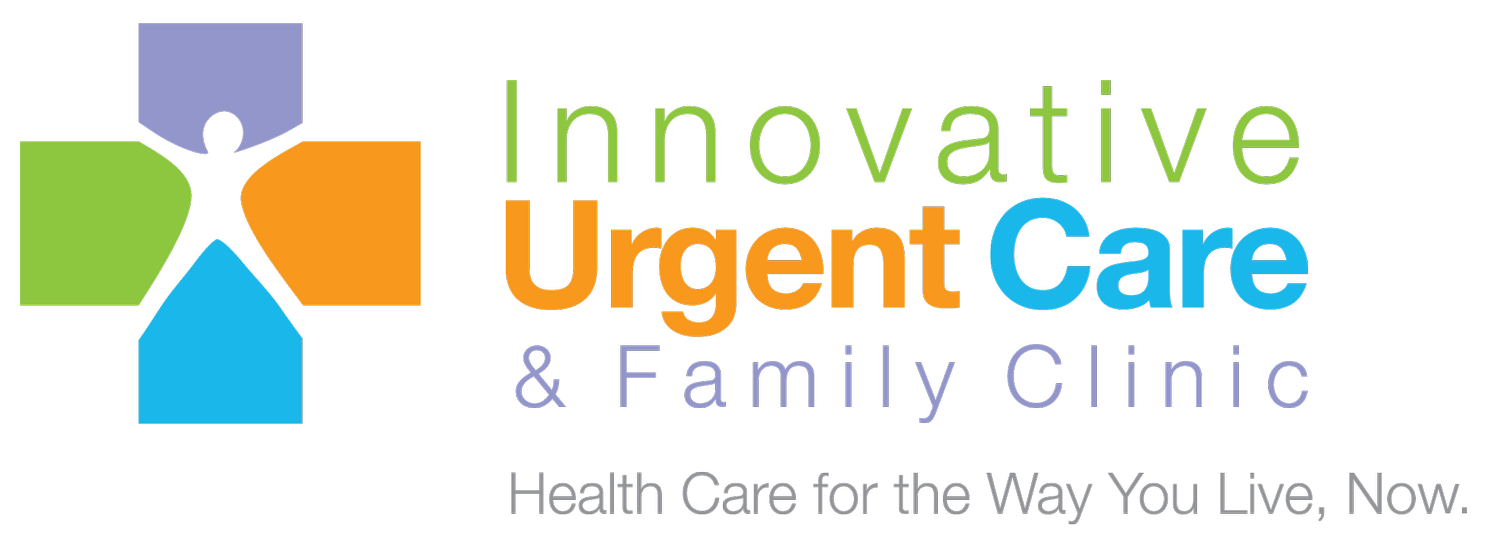The Hidden Impact of Iron Deficiency Anemia.
Did you know that iron deficiency anemia (IDA) is the most common nutritional deficiency worldwide, affecting an estimated 2 billion people? It's a startling statistic, especially considering how crucial iron is to our overall health and well-being. Iron deficiency anemia can be a silent threat, often creeping up without noticeable symptoms until it significantly impacts your life. This condition can affect anyone, but certain groups are at a higher risk, including women of childbearing age, children, and individuals with certain health conditions.
Understanding Iron Deficiency Anemia
Iron deficiency anemia is a condition characterized by a lack of healthy red blood cells due to insufficient iron levels. Iron is a vital mineral that our bodies need to produce hemoglobin, a protein in red blood cells that enables them to carry oxygen throughout the body. Without enough iron, your body can't produce enough hemoglobin, leading to less oxygen reaching your tissues and organs. This can result in fatigue, weakness, and a host of other symptoms that can diminish your quality of life.
The Causes of Iron Deficiency Anemia
The root causes of iron deficiency anemia can vary, ranging from dietary insufficiency to internal bleeding. Common causes include:
Inadequate iron intake: A diet lacking in iron-rich foods can lead to deficiency.
Increased iron needs: Pregnancy or periods of rapid growth (such as childhood and adolescence) can increase the body's demand for iron.
Blood loss: Loss of blood from surgery, injury, or internal bleeding (often from the gastrointestinal tract) can deplete iron stores.
Absorption issues: Certain conditions, like celiac disease or Crohn's disease, can affect the body's ability to absorb iron.
Recognizing the Symptoms
Iron deficiency anemia symptoms are often subtle at first but can become more pronounced as the condition progresses. Common symptoms include:
Fatigue and weakness
Pale or yellowish skin
Shortness of breath
Dizziness or lightheadedness
Cold hands and feet
Brittle nails
Cravings for non-nutritive substances (a condition known as pica)
Strategies to Combat Iron Deficiency Anemia
Dietary Adjustments
Incorporating iron-rich foods into your diet is a primary strategy for preventing and combating IDA. Focus on including both heme iron (found in animal products) and non-heme iron (found in plants):
Heme iron sources: Red meat, poultry, fish, and shellfish.
Non-heme iron sources: Beans, lentils, fortified cereals, whole grains, and dark leafy greens.
Enhance iron absorption by consuming vitamin C-rich foods (such as citrus fruits, berries, and bell peppers) alongside iron-rich foods. Conversely, avoid consuming calcium-rich foods or drinks and caffeine at the same time as iron-rich meals, as they can inhibit iron absorption.
Iron Supplements
In some cases, dietary adjustments may not be enough to correct iron deficiency anemia. Your healthcare provider might recommend iron supplements. It's crucial to follow their guidance on the type and dosage of iron supplements, as too much iron can be harmful.
Addressing Underlying Causes
If iron deficiency anemia results from blood loss or absorption issues, it's essential to treat the underlying cause. This may involve medical interventions or surgeries for conditions like ulcers, hemorrhoids, polyps, or gastrointestinal diseases.
Regular Monitoring and Testing
Regular blood tests can help monitor iron levels and the effectiveness of any treatments or dietary adjustments. These tests can guide adjustments to your treatment plan and ensure that you're on the path to recovery.
Implementing a Holistic Approach
While addressing the nutritional aspect is crucial, adopting a holistic approach that includes managing stress, ensuring adequate sleep, and maintaining a healthy lifestyle can support your body's recovery from iron deficiency anemia and improve your overall well-being.
The Role of Innovative Wellness Solutions
Exploring innovative wellness solutions, such as those offered by Innovative Urgent Care & Family Clinic, can provide additional support in your journey to overcome iron deficiency anemia. They offer personalized wellness plans, including dietary advice, supplement guidance, and comprehensive health assessments, tailored to your unique needs.
Take Charge of Your Health
Iron deficiency anemia can significantly impact your quality of life, but with the right strategies, it's a condition that can be effectively managed and even prevented. Start by recognizing the signs and understanding the risk factors. Make dietary adjustments to ensure you're getting enough iron, and don't hesitate to seek professional advice for supplements and other treatments.
Remember, taking charge of your health is the first step towards a vibrant, energetic life. If you suspect you're suffering from iron deficiency anemia, consult with a healthcare provider for a comprehensive evaluation and personalized treatment plan. Let today be the day you start on the path to better health and wellness.
